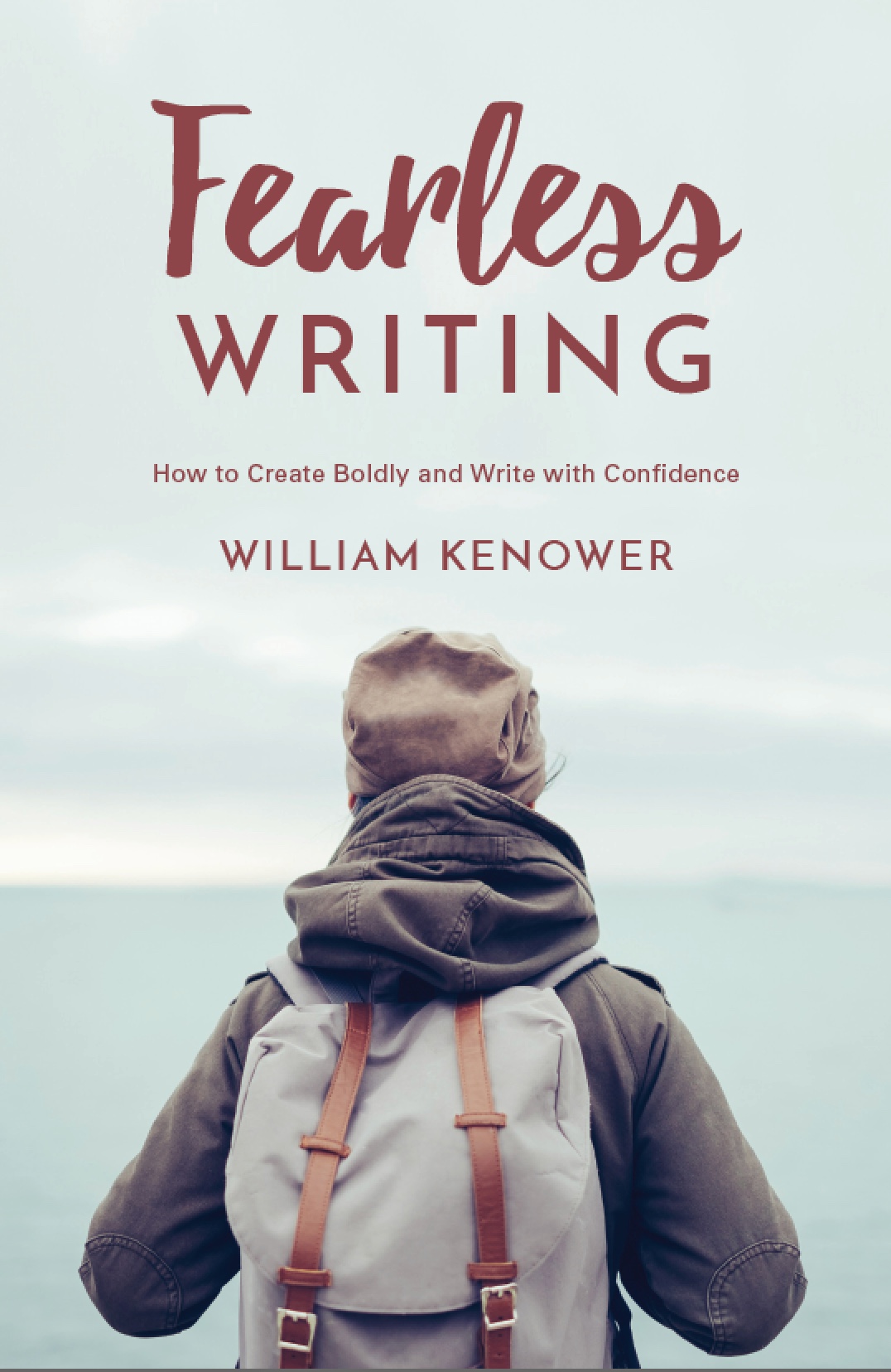Experiencing Stories
I write what could very, very broadly be called “self-help,” meaning whether it’s a book like Fearless Writing, or these blogs, or personal essays, or lectures and classes, the aim of my work is to offer a perspective on life that I believe will help the reader or audience better understand why they are happy or unhappy, why they suffer or why they succeed. Ideally, my readers will come away feeling less tempted to believe life is just a bunch of meaningless crap that happens to us. When I realized I wanted to do this kind of work, three things occurred to me immediately: First, I was more interested in it than in all novels I’d written. Second, I wondered who the hell would want to hear from me about all of this? I was just some guy who liked to tell stories. Third, I worried about all the people who I knew would disagree with me. I had once been one of those people who thought the stuff I was now hoping to teach was a bunch of woo-woo hooey.
As it turns out, being a guy who likes to tell stories is an excellent foundation for anyone who wants to teach. After all, I was not just a guy who liked to tell stories. I was also a guy who had lived and suffered and learned. I was a guy who had doubted and felt confident, who had been hopeless and who had been joyous, who had been outraged and who had been at peace. I might doubt whether anyone wanted to hear from me, but I could not doubt the value of what life had taught me. To doubt that would be to doubt the value of life itself.
And one of the things life has taught me is that no classroom or book can match the teaching power of experience. Fortunately, stories are a form of experience. You may not have sat with me in the hospital wondering if my son had leukemia, but if I tell you the story of the time I did, and if you allow yourself to bring that scene to life in your imagination, if you allow yourself to worry and rejoice, you may feel as if you were the one waiting for the doctors to return with the test results. In fact, hearing a story about someone else's life is strangely similar to reliving our own memories, as both experiences summon real emotions even though the experiences exist entirely in the imagination.
Which is why I depend on stories to teach. It is easy to disagree with an idea; it is nearly impossible to disagree with an experience. I have seen again and again how stories allow people to look at life differently the way a simple declaration cannot. It is one thing to say, “Everything is okay!” and it is another thing altogether to lead the reader into the shadow of fear, and then turn them naturally, humorously, and gently toward the constant light of love.
If you like the ideas and perspectives expressed here, feel free to contact me about individual and group coaching.
Fearless Writing: How to Create Boldly and Write With Confidence. You can find William at: williamkenower.com


